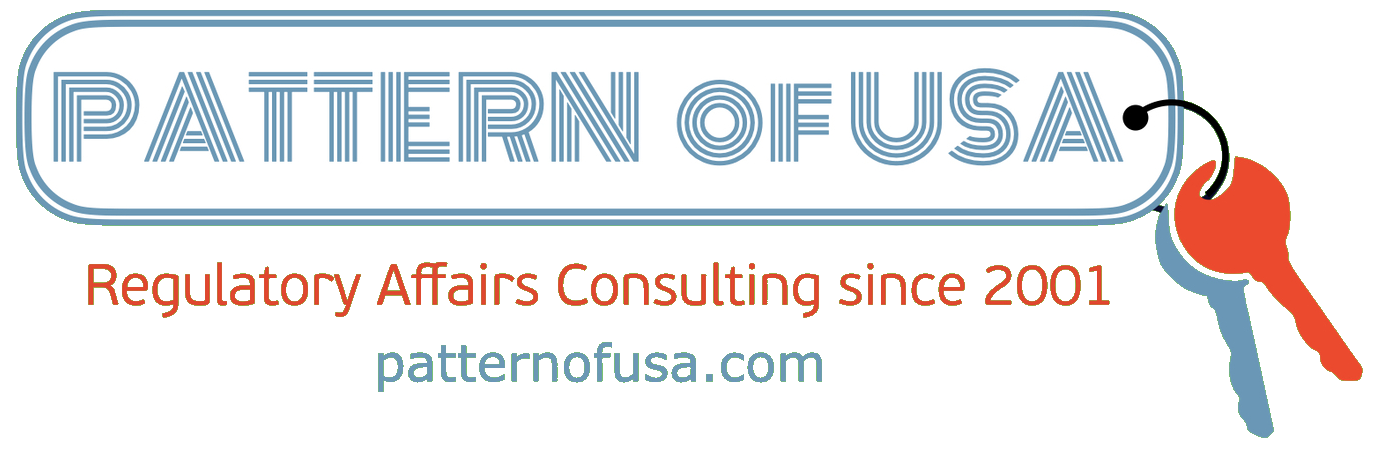Collaboration Between Synaffix and BigHat Biosciences to Create ADCs Enhanced by AI Design


Synaffix, a Dutch biotechnology firm, has partnered with BigHat Biosciences from Switzerland to initiate a new collaboration focused on a next-generation antibody-drug conjugate (ADC) program.
This partnership will merge the clinical-stage ADC platform of Synaffix with BigHat’s artificial intelligence (AI) and machine learning (ML) driven antibody design system, known as Milliner. As part of this agreement, BigHat will acquire specific access to Synaffix’s advanced ADC technology platform that is pivotal in converting antibodies into leading ADCs, alongside Lonza’s comprehensive ADC solutions. Notably, Lonza completed the acquisition of Synaffix in June 2023.
Mark DePristo, CEO of BigHat Biosciences, stated, “Using our AI-enhanced antibody design platform, Milliner, we aim to develop innovative biologics that offer safer and more effective options for challenging cancer treatments.” He expressed enthusiasm about merging Synaffix’s conjugation and linker-payload technologies with their tailored antibody designs to produce a next-level ADC catering to patients with significant medical demands.
Peter van de Sande, who leads Synaffix, remarked, “The ADC field is continually progressing, and our partnership with BigHat highlights our prominent and valuable ADC technology. We are thrilled to pioneer next-generation ADC research and development by collaborating with BigHat and its AI/ML-driven antibody discovery and development platform. We anticipate providing comprehensive support to BigHat at every phase of ADC development and manufacturing within Lonza’s framework.”
As an emerging category of therapeutics, ADCs are recognized for being more effective and less hazardous compared to many traditional treatment modalities. They consist of an antibody that selectively targets cancer cells and is chemically bonded to a cytotoxic drug designed to eliminate these cells.
In recent years, ADCs have gained considerable traction. For instance, the global ADC market was valued at approximately .3 billion in 2023, with expectations to grow at a CAGR of 9.2% between 2024 and 2030. This growth trajectory is largely fueled by the rising incidence of cancer and the escalating demand for effective treatments with minimal side effects. Developers primarily target blood, breast, urothelial, and bladder cancers within ADC initiatives.
In the last few months, ADCs have frequently made headlines. For instance, in October, the FDA approved Adcentrx Therapeutics’ IND application to commence Phase 1 trials for an ADC aimed at solid tumors. Similarly, the Danish company Adcendo and Chinese firm Multitude Therapeutics forged a billion agreement to create ADCs targeting cancer. Furthermore, in August, the FDA removed a partial hold on a Phase 1 trial for an ADC candidate developed by MediLink Therapeutics and BioNTech for advanced or metastatic non-small cell lung cancer and breast cancer.
